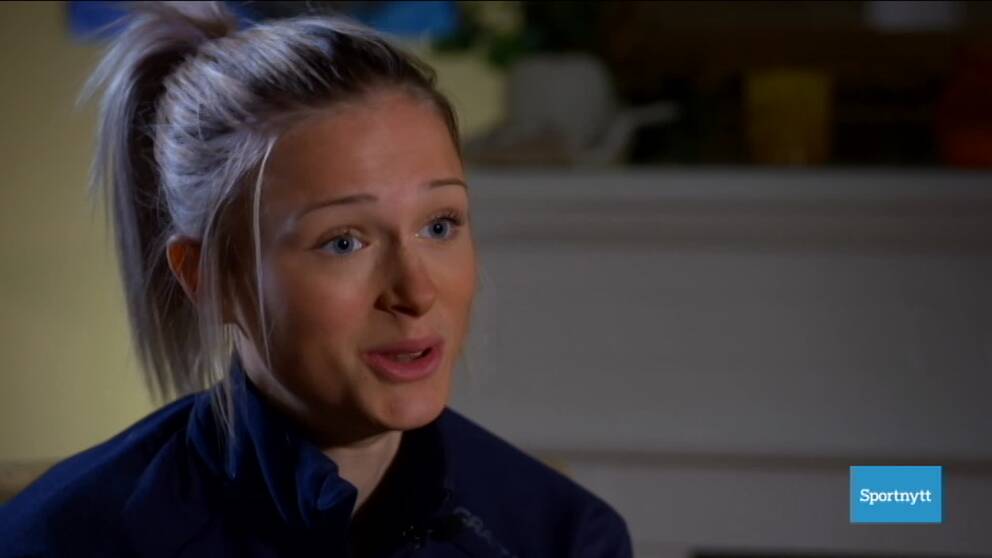Recently, both Norwegian star Ingvild Flugstad Östberg and Swedish super talent Frida Karlsson have been stopped from competing after not living up to the federation's health requirements.
On Thursday, Ola Strömberg, associate director and long-term manager, told SVT Sport about the case with Karlsson.
- When we see that there is a limit that you cross, we take action immediately. Then we ensure that she can come back and balance her nutritionally, Strömberg said.
SVT's expert Mathias Fredriksson thinks it is good that the union has taken measures.
- It is very good that the union makes tests and intervenes immediately and stops a practitioner from continuing to fail. Otherwise it is easy to just drive on and then it can be even worse, he says.
However, Michael Svensson, associate professor of sports medicine at Umeå University, thinks that the union should have acted earlier.
- In general, you may think that they pulled in the handbrake a little late, when the media and people around started to notice that it might not have been really healthy, he says in the Winter Studio.
CLIP: Frida Karlsson is stopped for health reasons - this has happened
The browser is not supported
SVT does not support playback in your browser. We therefore recommend that you switch to another browser.
Learn more about browser support
You need JavaScript enabled in your browser to view this video.
Frida Karlsson - this has happened Photo: TT News Agency / Moving image SVT "Easy to lie on minus"In his research, Michael Svensson has seen that it is difficult for the active to gain enough energy during intense training periods.
As an example, he mentions that studies on the blood of athletic girls have shown that over 30 percent suffer from iron deficiency.
- Cross-country skiing means very large training volumes. Between the thumb and forefinger, they are at an energy consumption of between 4,000 and 10,000 kilos of calories when exercising four, maybe five, hours a day. Those weeks, when you have such high energy consumption, it is extremely easy to be at a minus in energy intake when it comes to diet and what you drink, he says.
Svensson therefore emphasizes the importance of quieter periods in training.
- It is incredibly important that you have recovery days, this is when you can get up to speed nutritionally and energy. That you have easier training periods to be able to recover and get the super compensation in training.
Michael Svensson believes that the ideal in endurance sports has moved towards lighter bodies.
- Now it seems that there is a trend in cross-country skiing that is based on the benefit of being light in the body when it is very hilly terrain such as the Tour de Ski with the finish up a mountain. It may put extra pressure on the cross-country skiers to try to achieve ideals that are not healthy.
"It's three kilometers in a whole season"Mathias Fredriksson does not agree that this is a general development in cross-country sport.
- I think you go to about the same places as you have done in the last 15-20 years. I probably do not agree that the tracks have become tougher at the end. Maybe some classic-style sprint tracks have been tried to get the men out. But in places like Davos you run shorter laps, says the SVT expert.
- By contrast, the Tour de Ski, which has been running for 13-14 years, is the last slalom hill - but then we talk three kilometers in a whole season - it is extreme. And of course it benefits light riders.
CLIP: Frida Karlsson in an interview with SVT Sport on November 28:
The browser is not supported
SVT does not support playback in your browser. We therefore recommend that you switch to another browser.
Learn more about browser support
You need JavaScript enabled in your browser to view this video.
Frida Karlsson: "You are on the border as an elite athlete"
